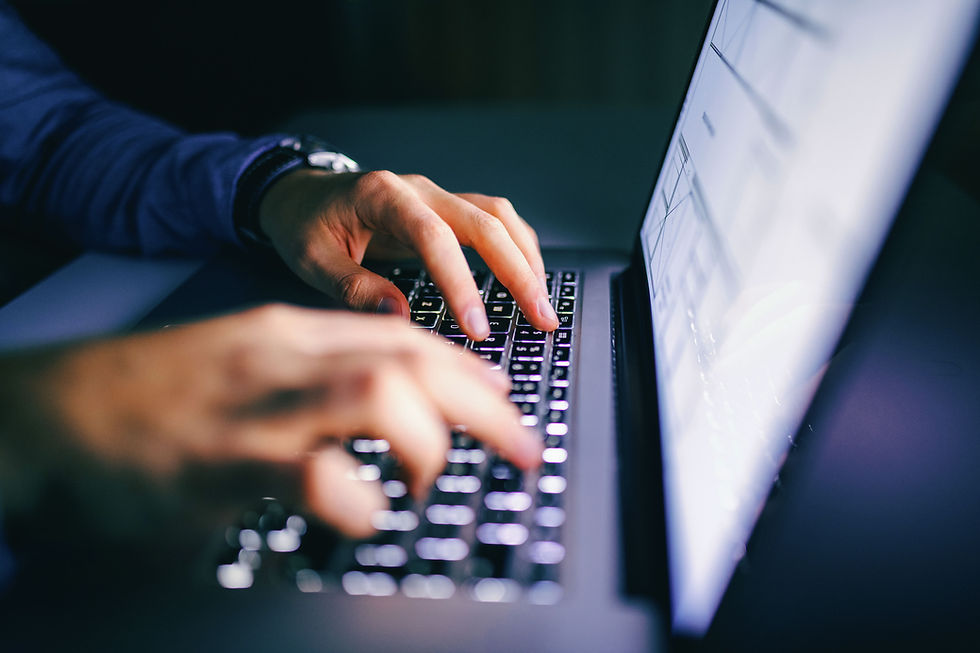Program offers aid ahead of housing crisis
- Public Notice Network
- Nov 24, 2020
- 3 min read

Facebook screenshot/Toni Preckwinkle
A new initiative by the Cook County government and the Chicago Bar Foundation will offer pro bono legal assistance to residents with eviction, foreclosure and tax-debt issues.
Cook County Legal Aid for Housing and Debt, or CCLAHD — pronounced like “clad” — was announced in a virtual press conference Monday on Cook County Board President Toni Preckwinkle’s Facebook page.
Within the CCLAHD initiative is the Early Resolution Program, which will provide counseling, mediation and case management to residents facing eviction, landlords trying to evict, property owners in default on mortgages or tax bills and their creditors.
ERP’s initial $1 million funding came out of the federal Coronavirus Aid, Relief, and Economic Security (CARES) Act.
The CBF is the lead coordinator, marshaling several partner organizations assisting with ERP. Those other groups are CARPLS, the Center for Conflict Resolution, the Center for Disability & Elder Law, Chicago Volunteer Legal Services, the Greater Chicago Legal Clinic, the Lawyers’ Committee for Better Housing, Legal Aid Chicago and the Legal Aid Society of Metropolitan Family Services.
CBF Executive Director Robert A. Glaves on Monday also acknowledged support from the Chicago Bar Association, the Chicago Community Trust, the Cook County Sheriff’s Office and other government, civic and philanthropic groups. Glaves said his organization and its partners understand that access to legal help early in eviction, foreclosure or debt cases “can make all the differences in the outcomes.”
The program is modeled after one launched in the years following the 2008 housing bust and foreclosure crisis.
“We know very well that issues involving evictions and foreclosures and consumer debt, as well as tax deed issues, are prevalent in our county right now,” Chief Judge Timothy C. Evans said during Monday’s press conference, explaining that the aim is to “level the playing field so that there can be a fair and convenient resolution for all involved.”
Evans said a typical case could be resolved with landlords and tenants entering payment plans for past due rent. If that’s not doable, he envisions the program brokering a “negotiated, dignified exit by the tenant that is the kind of exit that would give the tenant enough time to find another place to embrace housing for him or her and the family, that would not lead to homelessness involving that particular file.”
The process could be done under seal, avoid an eviction from appearing in public records and hindering a person’s access to future housing.
“Should these matters ultimately have to come to our court, we anticipate that we would have in the city of Chicago, at least two calls each day — one call for eviction matters, and one call for consumer debt matters. … But for other parts of the county — Skokie, Rolling Meadows, Maywood, Bridgeview and Markham — we would expect to have at least one call per week for eviction cases and consumer debt cases. Should additional calls become necessary, we are prepared to embrace that as well.”
Glaves said the program is embracing technology like Zoom to make it widely accessible during the pandemic.
He also cautioned that there may be some growing pains.
“We’re building out the program as we speak and working out some kinks as we launch today. So we ask everyone to be patient at the outset — we’ll be able to help everyone get connected to a lawyer, but it just may take a little longer at first.”
CCLAHD plans to add more programs in coming months that will focus on mortgage foreclosure and tax deed matters — in time to meet an expected avalanche of cases once local, state and federal moratoriums expire.
“We’re trying to get out in front of this early, before the wave that everybody fears is coming is there. We’re getting ready to do that and have some resources in place right now.”
Once CARES Act dollars dry up, the county plans to fund CCLAHD programs through other grants, charitable donations and from a $150 foreclosure filing fee imposed earlier this year.
The initiative’s new website is cookcountylegalaid.org, and its phone number is (855) 956-5763.




Comments